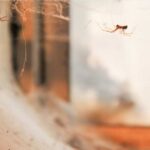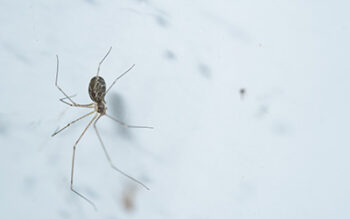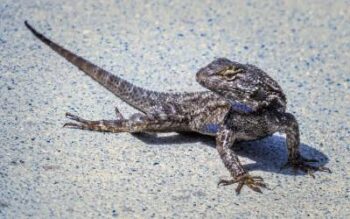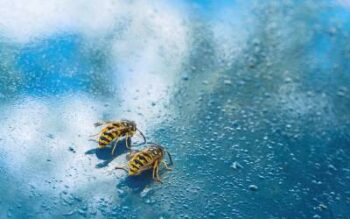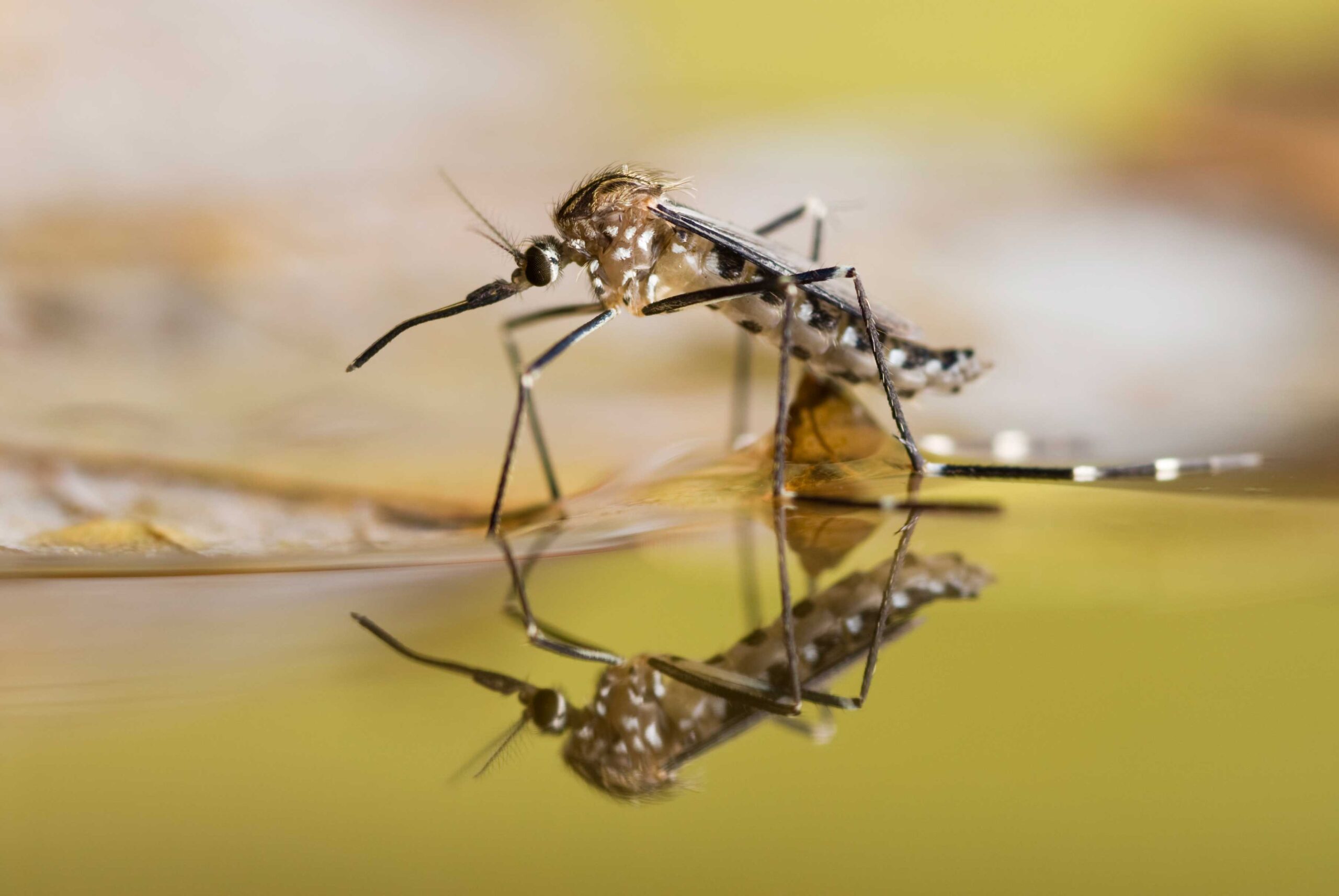
It’s no secret that mosquitoes have wreaked havoc on our arms and legs all summer. Interestingly, as soon as the weather cools, the swarms of these vampire-like menaces vanish. While all of us are happy to spend time outside without being someone else’s snack, it is interesting to wonder where these cold-blooded creatures go. Do they die? Do they fly south for the winter?
This blog aims to shed some light on the life cycle of mosquitoes and discuss the winter habits of these blood-thirsty parasites.
Where Do Mosquitoes Go During the Winter?
Due to the fact mosquitoes are cold-blooded creatures, they are entirely incapable of regulating their body heat. For this reason, their body temperature will always coincide with the temperature of their surroundings. Typically, mosquitoes function at their highest capacity at 80 degrees Fahrenheit. They will begin to slow down, become lethargic around 60 degrees, and cannot function at 50 degrees or below.
Mosquitoes deal with winter in one of two ways. The first way is by laying eggs that can withstand the chill of winter. How does this happen? The female mosquitoes will lay their eggs in late summer, which allows the eggs to hibernate as embryos during the frigid months. Often, the eggs are submerged under patches of ice and will hatch once the water temperature rises to an adequate level of warmth.
The second way they deal with winter is by personally hibernating. Female mosquitoes will mate in the fall before the weather becomes too unbearable. They will then hibernate in hollow logs, warm basements, or animal burrows. When surrounding water sources become too cold or frozen, the females will go into diapause. Essentially, they put a pause button on their lives until the water regains its warmth. As the weather warms, they will lay their eggs in the mud of a freshwater swamp or something similar, thus producing the next generation of blood-thirsty bugs.
What Happens to The Male Mosquitoes?
Unlike their highly resilient counterparts, male mosquitoes have a relatively short lifespan. They die after they mate and can only live up to ten days. Male mosquitoes do not feed on our blood, and their only purpose is to fertilize the females for reproduction.
Mosquitoes can threaten your home and health, so you need an efficient and effective pest control team that has your back when these pests begin to swarm. At Econex Pest Management, our team of experts has you covered! Give us a call today! (888) 508-4205


